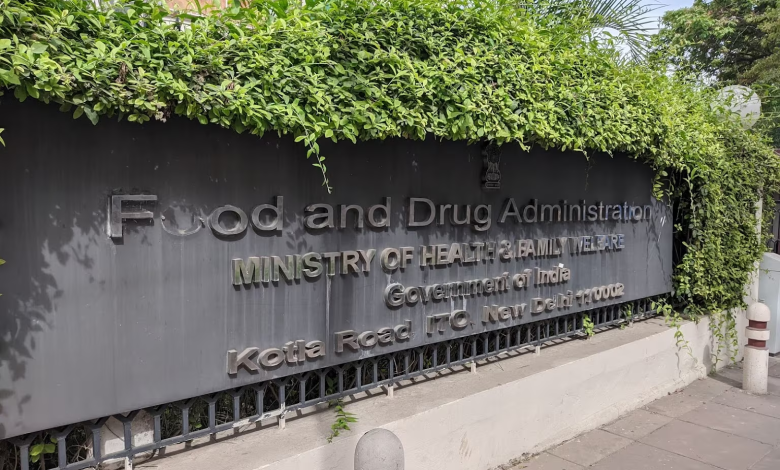India Introduces Stricter Drug Manufacturing Standards in the Wake of Overseas Deaths

In response to a series of overseas deaths linked to drugs manufactured in India since 2022, the Indian government has issued a notification, mandating pharmaceutical companies to comply with new manufacturing standards this year. This initiative, driven by Prime Minister Narendra Modi’s government, aims to bolster the industry’s reputation and ensure the safety and quality of pharmaceutical products.
The notification, dated December 28, emphasizes that manufacturers must take responsibility for the quality of pharmaceutical products, ensuring they are suitable for their intended use and comply with licensing requirements. The directive explicitly states that patients should not be put at risk due to inadequate safety, quality, or efficacy.
To meet these standards, companies are required to market finished products only after obtaining satisfactory results from tests on ingredients. Additionally, they must retain a sufficient quantity of samples of intermediate and final products for repeated testing or verification of batches.
An August 2023 health ministry report revealed concerns about the lack of testing for incoming raw materials in drug factories. Furthermore, the report highlighted that fewer than a quarter of India’s 8,500 small drug factories met the international drug manufacturing standards set by the World Health Organization (WHO).
To address these concerns, the notification stipulates that large drugmakers must rectify issues within six months, while small manufacturers are granted a 12-month window. However, small companies have sought a deadline extension, citing heavy debt loads and warning that investments required to meet the standards could lead to the closure of nearly half of them.
The move comes in the wake of global concerns over the safety and quality of Indian pharmaceutical products, particularly after Indian cough syrups were linked to the deaths of at least 141 children in Gambia, Uzbekistan, and Cameroon. The World Health Organization (WHO) and other health authorities have emphasized the need for stringent measures to ensure international drug manufacturing standards are consistently met.
The new manufacturing standards underscore India’s commitment to improving the image of its $50 billion pharmaceutical industry and ensuring the production of safe and high-quality drugs for both domestic and international markets.





